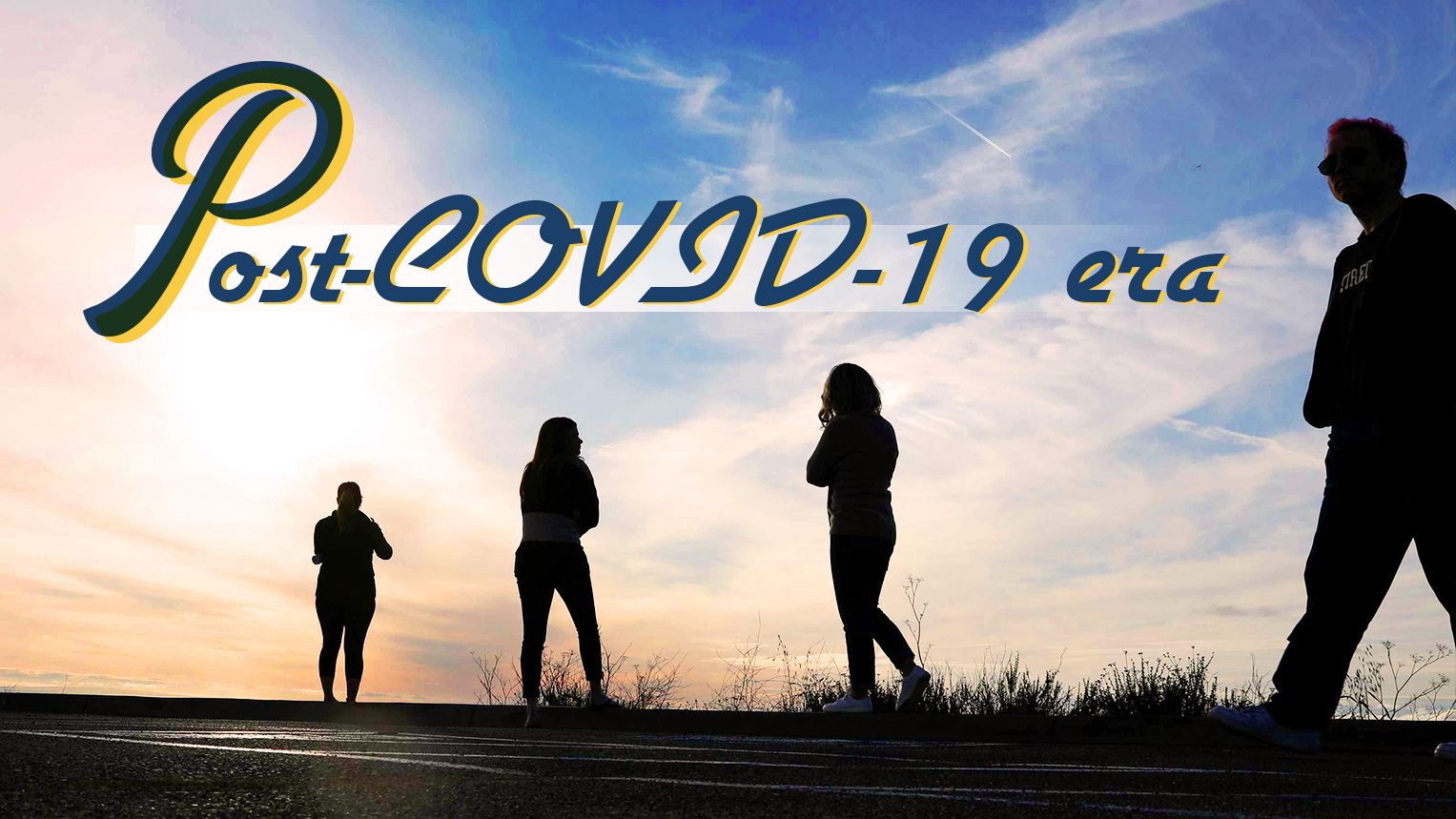
CHICAGO, ILLINOIS - Zapwater Communications, a leading travel and lifestyle communications agency, reveals the results of a post-COVID-19 travel conducted among 1,280 U.S.-based frequent travelers. The purpose of the survey is to assist Zapwater’s travel and tourism clients with making informed, strategic decisions as certain regions of the U.S. begin to reopen businesses and allow travel flexibility.
The agency surveyed a sampling of likely travelers within the U.S. about their travel decisions pre- and post-COVID-19, including areas of preference to travel, when they would feel comfortable traveling again, length of trip, mode of transportation, travel experiences, type of trip, factors that would influence travel, and travel habits among others.
“The COVID-19 pandemic has impacted travel and tourism worldwide,” said David Zapata, CEO & Founder of Zapwater Communications. “We wanted to survey frequent travelers to learn about its impact on future travel plans post-COVID-19. We hope the survey results will shed some light on what travelers are thinking about future travel plans to help hotels and destinations better prepare for a re-opening.”
Travelers are remaining optimistic during the COVID-19 pandemic and still plan to take trips in 2020
- According to the survey, 65% of those surveyed are looking forward to traveling again, both internationally and domestically
- 39% of travelers are hoping to travel within the first 6 months after travel restrictions are lifted
- 56% of participants feel comfortable spending just as much on a trip as they would have before COVID-19
- 80% of travelers surveyed said they are willing to travel for a length of 3-7 nights during their first trips post-COVID-19
Health and Safety Protocols are a Priority Among Travelers
- Resort and hotel safety protocols ranked the highest priority (75%) influencing immediate travel decisions versus proximity to home (23%)
- The number of COVID-19 cases in a destination ranked among the top factors (63%) that would influence travelers when making their purchase decision for their next vacation post-COVID-19
When travel resumes, U.S. travelers will choose to travel by car and plane
- Travel by car will become increasingly more popular, with 57% planning to drive for their first trip post the pandemic
- Of those surveyed, 53% plan to fly for their first trip post-COVID-19
- 35% of frequent travelers are very likely to take a short-haul flight (3 hours or less) for their first trip post-COVID-19
International travel to the Caribbean, Europe and Canada ranked highest for travelers to visit within the next 6 months
- Internationally, Canada placed first with over 36% of respondents, The Caribbean ranked second with over 35% and Europe placed third with 33% feeling most comfortable to visit within the next 6 to 12 months
Other survey findings include:
- Domestic travel will become increasingly popular with 83% of those surveyed looking forward to staying within the U.S. for their first trip post-COVID-19.
- Adventure, wellness, and bucket list trips ranked highest among the type of trips frequent travelers are looking to explore during their next vacation.
- Top domestic regions of interest include the West Coast and Southeast
- Majority of those surveyed travel most often with family or spouse
“With the world still at a standstill, the next vacation may seem like a lifetime away,” added Zapata. “What we know for sure is that the desire to travel is stronger than ever. Travel is still missed, and many travelers expressed excitement to return to travel when they feel it’s safe.”
Tags: Zapwater Communications